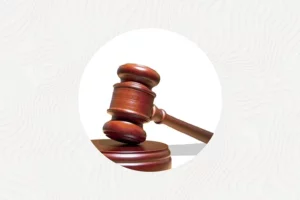Sri Lanka is in converses with the International Monetary Fund (IMF) to get something like $3 billion through the moneylender’s drawn out reserve office (EFF), sources acquainted with the matter told Reuters.
The island state’s administration expects one more round of specialized converses with the IMF toward the beginning of June and desires to reach to a staff-level understanding when the finish of this current month, two of the sources expressed, talking on state of namelessness.
A representative for the IMF didn’t quickly answer to a solicitation for input. Representatives for Sri Lanka’s money service and national bank didn’t answer a solicitation for input.
Sri Lanka has mentioned a salvage intend to beat its most terrible monetary emergency since freedom in 1948. It defaulted on some abroad obligation recently and is battling to pay for imports of nuts and bolts like fuel and medication.
An EFF program, which would be the seventeenth IMF plan for the country, expects nations to make primary financial changes “to address well established shortcomings,” as indicated by the IMF’s site. These projects typically most recent three years with a beauty time of 4-1/2 years to begin taking care of the credit, when the arrangement is supported.
A $3 billion arrangement would address very nearly multiple times the country’s share with the IMF.
The IMF said last week it was in converses with Sri Lanka for a “thorough” change bundle, however didn’t determine what sort of program was being arranged.
State leader Ranil Wickremesinghe, who got to work in May after mass fights constrained the abdication of his ancestor, Mahinda Rajapaksa, plans to introduce a break financial plan in no time.
The public authority declared on Tuesday a tax collection redesign to support income, climbing corporate duty and raising the worth added charge (VAT) rate to 12% from 8% with prompt impact.
Sri Lanka as of late named monetary and lawful counsels to start off chats with bondholders and two-sided banks, like China and Japan.










More Stories
Tax evasion: Why CID Needs Its Own Arraignment Unit
Strikes in East Ukraine Notwithstanding Putin’s Truce Request
‘Katha Shunche TikTok’, eliminated around 5 million recordings of Bangladesh